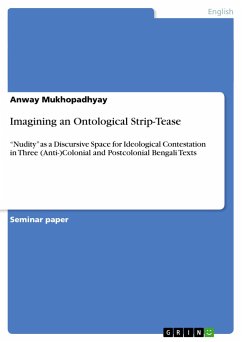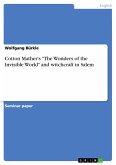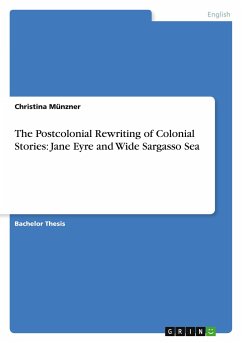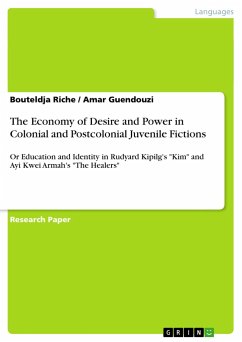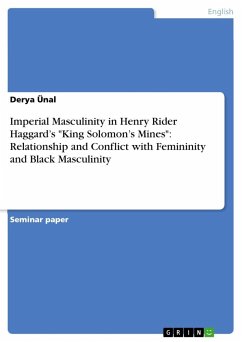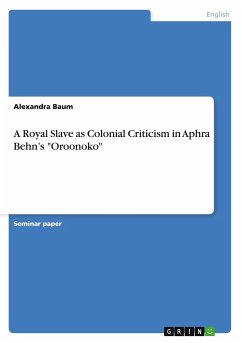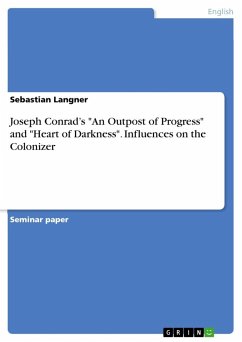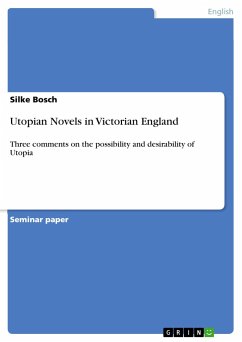Seminar paper from the year 2012 in the subject English Language and Literature Studies - Literature, grade: 80%, Jadavpur University, course: MA (Postgraduate) in English- Second Year, Fourth Semester, Core Course on Postcolonial Literature, language: English, abstract: This essay explores the ways in which "nudity" operated as a space for ideological contestation in the nationalist and anti-colonial discourses of Bengal in the nineteenth and early twentieth centuries, and also exhibits how the legacy of this contestation over the topos of nudity continues into the postcolonial Bengali culture. The author discusses three small but significant texts by three anti-colonial and postcolonial Bengali writers and investigates the issues of gender, racism and imperialism that constellate around the trope of nudity. Besides, the work engages in the exploration of the possibilities of articulating an "ontological strip-tease", based on the Indian philosophico-spiritual system of Vedantic vichara, which can destabilize the "thingifying" gaze of the postmodern consumer culture that reifies human bodies and souls.
Hinweis: Dieser Artikel kann nur an eine deutsche Lieferadresse ausgeliefert werden.
Hinweis: Dieser Artikel kann nur an eine deutsche Lieferadresse ausgeliefert werden.

